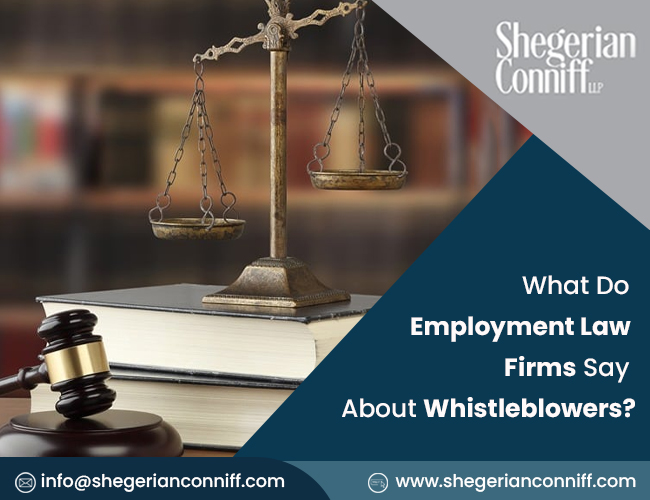What Do Employment Law Firms Say about Whistleblowers?
Most of the time, employees hear about something illegal. They might try to reveal it, but not everyone gets heard. Those blowing the whistle by alerting other people about the reality going under the table are often reported as misconduct or safety violations. However, these brave individuals work in the public’s best interests to inform authorities when employers act unethically. To motivate whistleblowers to speak up, various state and federal laws or attorneys protect them against discrimination and retaliation in the workplace.
Whistleblower Laws
Is it right to fire a whistleblower if he works in an employment-at-will state? These states permit an employer to legally fire an employee, but there are some exceptions to the employment-at-will doctrine. One of these exceptions includes you can't fire employees until their termination doesn't include a violation of public interest. This exception protects whistleblowing employees since they act in the best public interest. Thus, they cannot be fired for their actions.
Many whistleblowers disclose employer misconduct risking employees' safety. The Occupational Safety and Health Administration governs many whistleblower laws, including Occupational Health and Safety Act and the Clean Air Act. This law states that employers cannot retaliate against whistleblowers by refusing to promote them, unwarranted action, or suspending them from their job.
Legal Help for Whistleblowers
Laws shielding whistleblowers can be a bit complex, so you need to contact employment law firms to discuss your case and know what legal options are available. They help you decide whether you should blow the whistle and, if already blown, how to defend against retaliation or discrimination.
Our More Services:-
- Attorney
- Personal Injury



